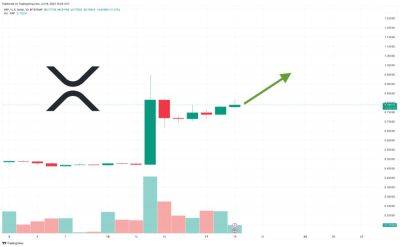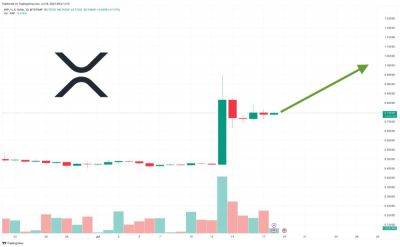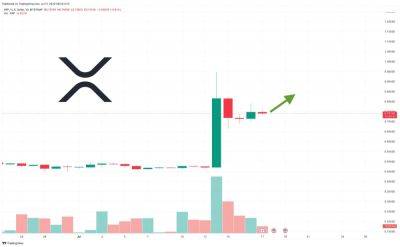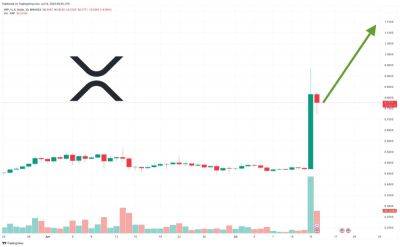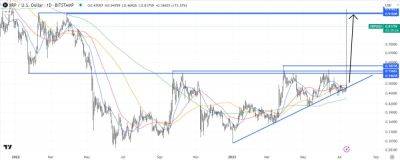Ripple decision is 'troublesome on multiple fronts', says former SEC official
Former Securities and Exchange Commission official John Reed Stark spoke out against the recent ruling on Ripple Lab's case, calling the decision "troublesome on multiple fronts" in a LinkedIn analysis.
Stark broke down Judge Analisa Torres' decision from July 13 by examining the grounds upon which she ruled in favor of Ripple in a lawsuit brought by the SEC back in 2020, alleging that the company's XRP (XRP) token was a security.
Some thoughts on the SEC/Ripple decision. https://t.co/A94kHlGI9N pic.twitter.com/lcwWML49kO
Judge Torres' verdict states that XRP token was a security when sold to institutional investors, but that it wasn't a security in 'programmatic sales' [public sales] and 'other types of sales', such as token distribution to employees. Ripple also faces a penalty for the alleged violation, as well as a rescission for institutional investors — whose sales reportedly involved $720 million.
In the decision, Judge Torres argues that institutional investors “reasonably expected that Ripple would use the capital it received from its sales to improve the XRP ecosystem and thereby increase the price of XRP,” while the investors who used exchanges to buy XRP tokens “could not reasonably expect the same.”
For Stark, the decision establishes a "class of quasi-securities that discriminates" based on the sophistication of the investor buying the token.
Stark also notes that this argument seems contrary to investors protection principles, which state that an investor's level of protection should not be affected by whether they read materials related to the purchase of an asset. "Securities laws were specifically designed to protect individual investors, based on the idea that they can’t fend for themselves [...]. The
Read more on cointelegraph.com





